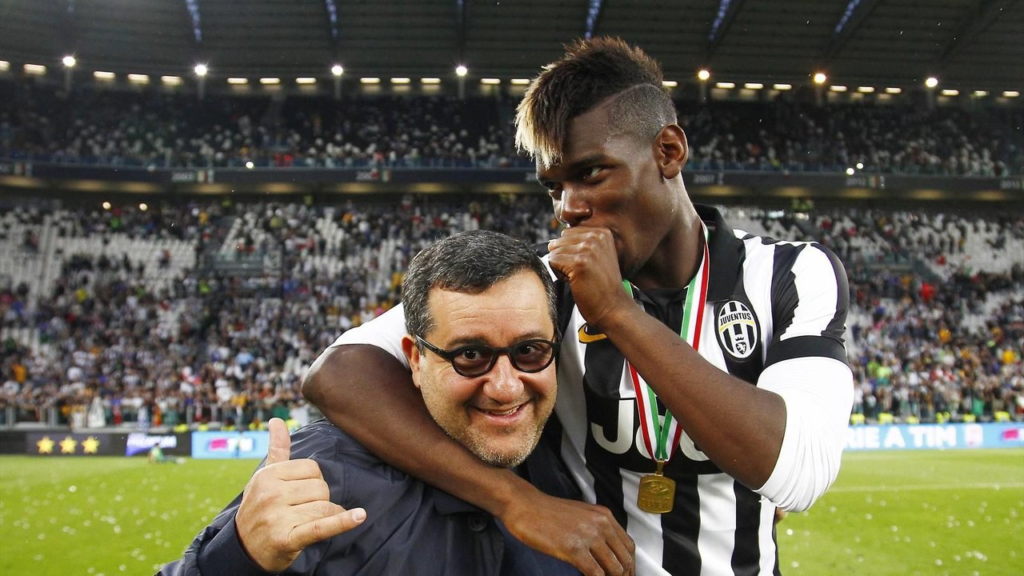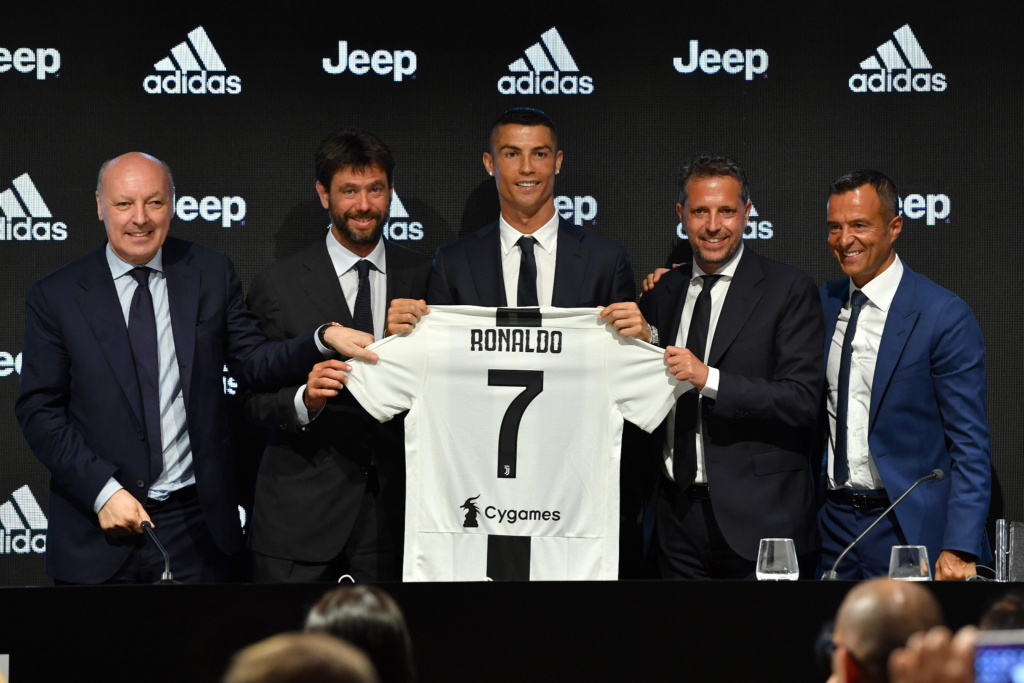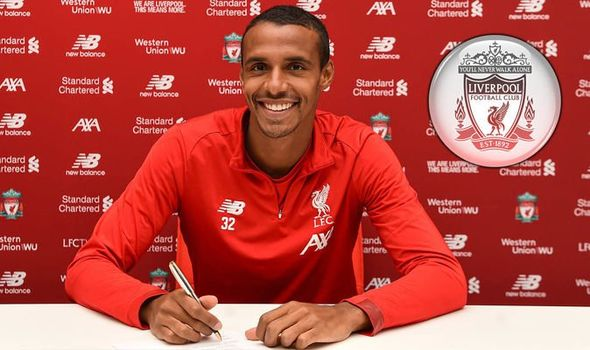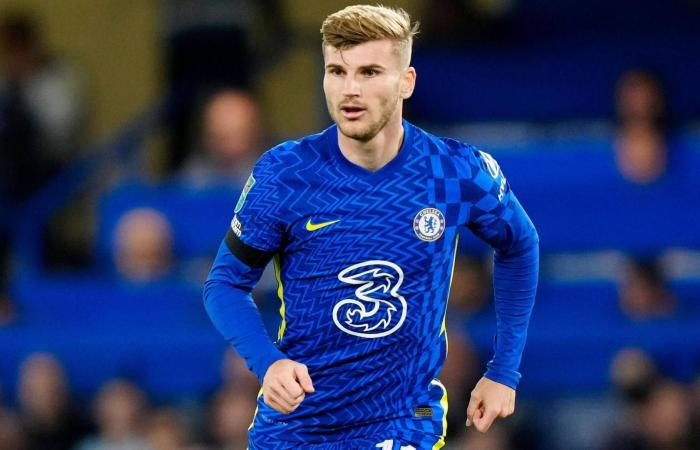The function of the football agent in today’s game has practically become an essential part of the sport as we know it. When it comes to deciding which club a player will sign with, agents have gained in power and influence over the years. Agents are either a pain in the rear for clubs or a godsend for professional players, depending on whom you ask. It’s virtually a given for every self-respecting player these days that if you want to get the greatest deal out of a possible transfer or contract negotiation, you need to engage an agency. Football agents today are well compensated for the talks they engage in on behalf of their footballers.
How do football agents get paid? When a player hires an agent, he does not receive his services for free. A soccer player and his agency will agree on a fee that will be paid to the agent while the player is in his service. Football agents will always demand a high fee for their services. That is the fee that the agent receives from the player he represents.
Although the agent receives a fee from the player, what about the remainder of the fees that the agent receives? We take an in depth look at how much money football agents make from transfers.
Transfer Commission
Any agent worth his salt knows that the player transfer fees are where the agent will garner the majority of his fees. A competent agent who can negotiate a favorable agreement for his client may make a substantial amount from the transfer commission. Super agents, such as Jorge Mendes, who manages celebrities such as Cristiano Ronaldo and James Rodrguez, make millions of dollars each year from different agreements they may conclude as they move their players from one club to another, or agree to a contract extension at the players’ current club. According to various reports, Mino Raiola earned a substantial £41.39 million on Paul Pogba’s move to Manchester United, an amount that anybody would agree is not insignificant.

How Are Soccer Agents Paid – Percentage of player earnings
Agents also make a lot of money from the salaries of the players on their books. The sum is often a percentage of the player’s salary, which could be as high as 5% depending on the agent and who the player is.
Therefore, the bigger the salaries of the player on the agency’s books, the more money the agent may anticipate receiving. Interestingly, agents cannot receive a portion of earnings from footballers under the age of 18, as they are still considered part of the youth setup of that particular club.
Commission from commercial transactions
Soccer agents are also known to make money through commercial agreements made on their clients’ behalf with different businesses. Footballers are compensated in a variety of ways, with commercial agreements. Image rights, sponsorships, and soccer boot agreements being examples of this. Typically, the agent fee is compensated as a percentage of the earnings the player receives for the commercial contract.

FIFA’s drive toward more openness concerning what and who pays agents fees is reflected in a draft code that it has been providing consultation on since 2017, but has been met with opposition from prominent agents. FIFA has long sought to limit agency commissions on transfer fees and player wages, and it now wants to adopt a global set of rules to govern this process. Among FIFA’s promises under the code, which is currently in its last round of consultations with agents worldwide, are the publication of names of agents, their clients, and “details of all transactions… including the service fee amounts paid.”
Many supporters believe that agents drain money from the teams that they support, and their concerns were heightened when Paul Pogba’s representative, Mino Raiola, received 27 million euros ($31.9 million) from Juventus in the 105 million euro ($125 million) transaction that brought the France midfielder back to Manchester United in 2016. The player and his new team each paid Raiola an extra amount.

FIFA has agreed in principle to limit agents’ fees at 10% of transfer costs if they work on behalf of the selling club. They were no longer permitted to represent clubs on both sides of a player transfer. Agents may also have their commission on a player’s pay limited at 3%, or 6% if they also act for the purchasing club in a transfer.
The Player Pays
When dealing with Premier League players, a player may pay his agency to finalize a move in extremely restricted situations. A player’s representation contract with this agency requires him to pay his agent, say, 5% of his gross basic salary. In reality, this does not happen very frequently.

In reality, even though the player is obliged to pay his agent as specified in his representation contract, the agency will typically arrange that the club pays the agent’s commission on the player’s behalf. This advantage eliminates the need for the player to pay his agent. The club, on the other hand, paying a sum on a player’s behalf is considered a benefit to said player by the taxation authorities, and the player must pay tax on the payment made by the club to the agent.
Premier League – Agents Fees
The Premier League is said to be contemplating abolishing the method of individual clubs paying the players’ agents’ fees and streamlining the process so that a player pays their agent the fee owing at the time of writing. According to further reports, FIFA is also considering a limit on agency payments and this would be a significant shift, and the subsequent cap would very certainly be contested in court by agents.
Premier League Clubs – Agents Fees
According to statistics provided by the Football Association, Chelsea was the highest spender on agency fees in the Premier League in the 12 months leading up to the start of February 2021. Chelsea spent massively on agency fees in the Premier League during that time in which they signed Kai Havertz and Timo Werner.

Last summer, the club paid £35 million on agency fees to bring in Timo Werner, Kai Havertz, and Ben Chilwell, among others. Manchester City paid the second-highest spending £30 million, while Manchester United spent only marginally less £29 million. West Bromwich Albion spent the least on agency fees in the Premier League, at £4 million. The more you earn, the more you can spend.
The Premier League teams’ expenditure on agency fees in 2020/2021 has risen to £272 million as a result of Covid and when quoted in US Dollar terms. Incredibly, the Premier League clubs have paid more than a Billion US Dollars to agents over the last three years, eye-watering in anybody’s language. Yes, Football agents are integral to the players they represent, but when you take into account their compensation via all avenues in which various players can be compensated, via their clubs and commercially, they are amply compensated for their services.
